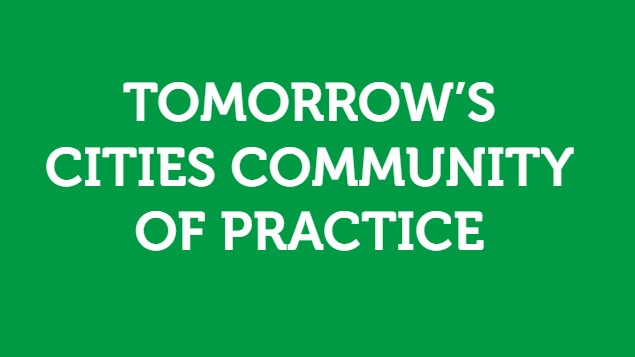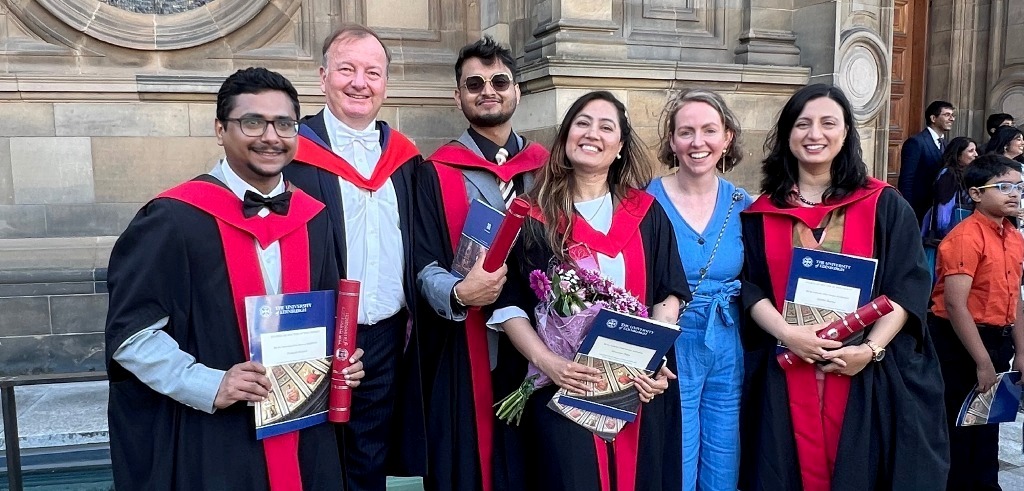
- Close
17/05/2023 | Istanbul
TCDSE Validation Workshop in Istanbul

In a significant step towards inclusive urban planning, Istanbul hosted a validation workshop on March 22nd. The one-day event aimed to validate community-based land use plans, bringing together diverse stakeholder groups including youth, the elderly, the urban poor, the Roma community, people with disabilities, and women. The workshop saw participation from over 30 individuals representing these groups, while 10 representatives from public institutions formed the “policy makers” group. This collaborative effort marks a pivotal moment in fostering community engagement and ensuring a holistic approach to urban development.

On March 22nd, a one-day validation workshop was held in Istanbul to assess community-based land use plans. The workshop included six stakeholder groups: youth, the elderly, the urban poor, the Roma community, people with disabilities, and women. Over 30 individuals from these groups participated, along with approximately 10 representatives from public institutions acting as “policy makers.”
During the workshop’s first session, the focus was on discussing policy dimensions. Three main policies were selected to best represent each stakeholder group. Following policy identification, the land use plans underwent validation, with groups engaging in discussions about plan details and proposing changes based on policy discussions and plan interpretation. The primary focus of these discussions was to assess the alignment between the plans, visions, and initial community plans.
After the group-based discussions, representatives from the focus groups presented their scenarios, including their visions and the rationale behind them, to the entire audience, including the policy makers. During the last session, policy makers provided feedback on the visioning scenarios and expressed their thoughts on the overall visioning scenario development approach.
Surprisingly, policy makers were taken aback by how closely the Visioning Scenario Development process aligned with their own perspectives. They expressed support for the approach, acknowledging its potential as a strong tool in plan-making to empower institutions over politicians. This feedback is particularly country-specific since, in municipal councils, politicians have the authority to amend spatial plans created by technical experts. The policy makers attending the workshop were convinced that employing a community-oriented approach in land use planning could limit potential amendments from politicians. This is because politicians would take the priorities of the communities more seriously compared to technical experts.



